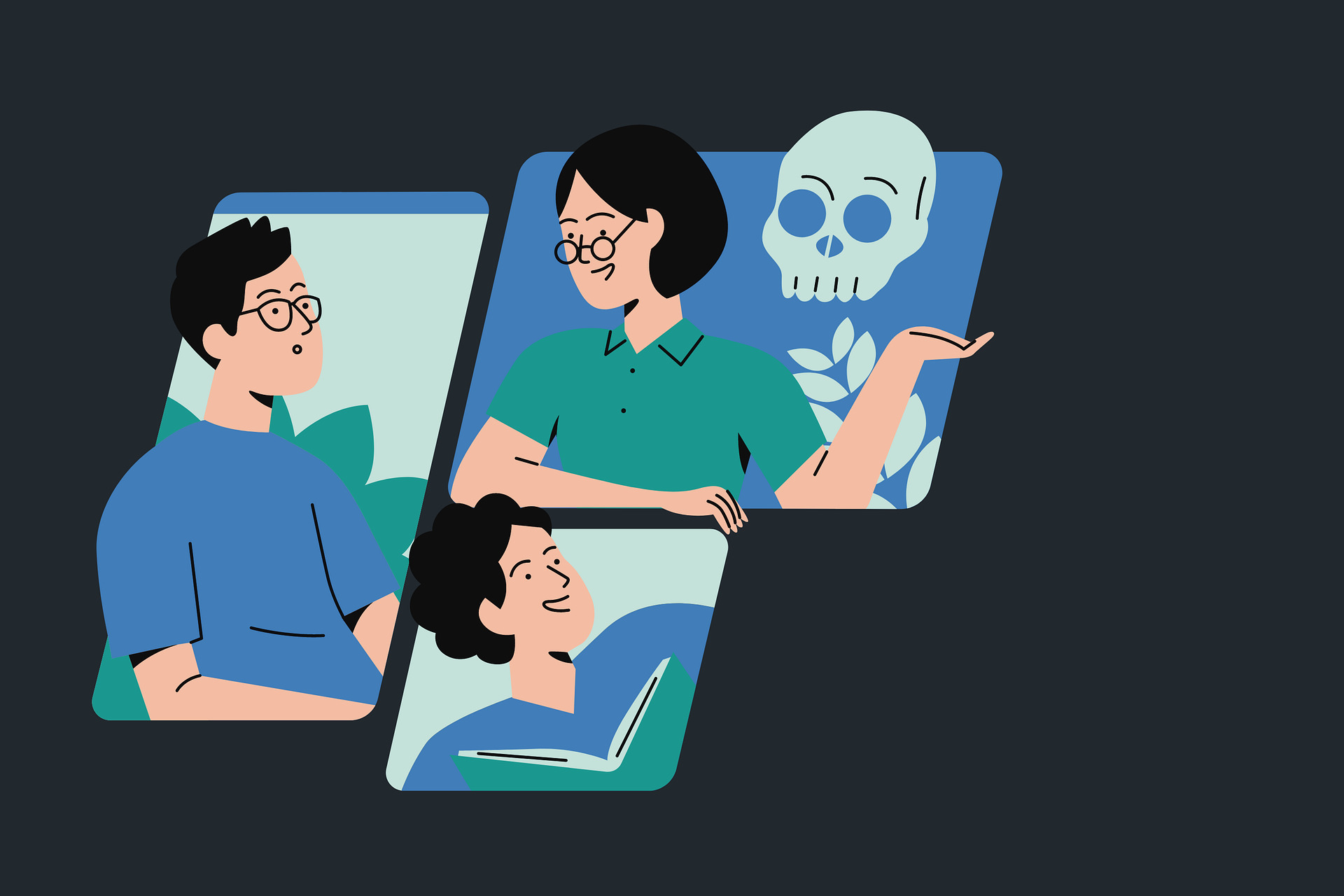
In their 2018 paper in the Journal of the Learning Sciences, researchers Barzilai and Chinn propose a framework for designing education developing students’ epistemologies. Basically, teachers should help students develop goals, ideals, and strategies relating to the pursuit, production, and evaluation of knowledge. Note that the root word episteme is Ancient Greek for knowledge.
You rely on epistemology. You know your car will start every morning, but you haven’t proven it will. Still, your car starting everyday since forever is good enough to say that you know. That’s an epistemic belief.
So, what does that have to do with learning?
Disciplinary Expertise Relies on Epistemic Beliefs
We want students to be practitioners of their discipline rather than receivers and memorizers of disciplinary facts.
To make students practitioners, Miller et al. argue in their 2017 paper in the Journal of Research in Science Teaching that we have to position them as epistemic agents. We have to give students opportunities to shape and make knowledge in the classroom.
Of course, being an epistemic agent means having productive ideas or strategies about knowledge. It wouldn’t mean much if you thought hasty generalizations counted as knowledge, for example. So, educators have to teach good epistemic beliefs and practices in the classroom.
Learners Have and Use Epistemological Beliefs
But, students aren’t blank slates, and they don’t have it all wrong either. Elby and Hammer, in their 2010 chapter in Personal Epistemology in the Classroom: Theory, research, and Implications for Practice, synthesize prior work to argue:
- Students have epistemic beliefs: For example, when studying, a student might believe knowledge comes from authority. As a result, they believe acquiring knowledge just means memorizing statements from an authority.
- Students’ epistemic beliefs vary: When helping their classmates study, though, that same student might believe knowledge comes from reason. As a result, they help their classmates learn by building from prior knowledge.
- Teachers can recognize students’ epistemic beliefs: Just as you or I can infer others’ mental states, teachers can infer students’ varying epistemic beliefs. As a result, teachers can identify opportunities for change in students’ beliefs.
Experts rely on epistemology, and students bring their own to the classroom. Prior work has surfaced frameworks to cultivate students’ epistemologies. We just need to use and refine them.
